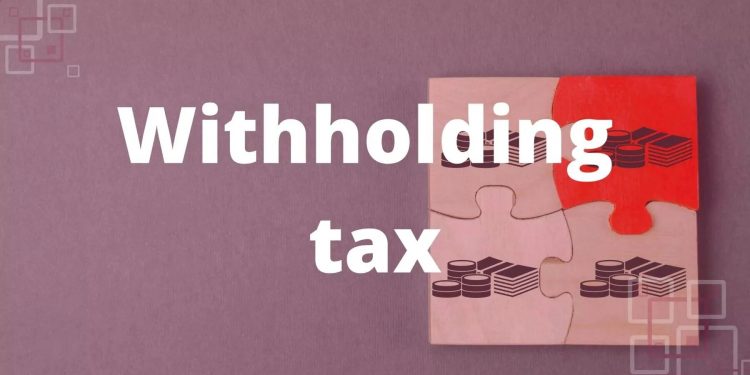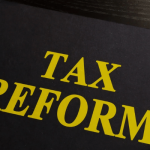The Federal Government of Nigeria has approved significant changes to its withholding tax regime, providing exemptions for small businesses, manufacturers, and farmers in an effort to reduce the tax burden on these sectors. This move is part of broader fiscal policy and tax reforms aimed at enhancing economic growth and reducing compliance challenges for businesses.
Key Announcements:
– Exemptions and Rate Reductions: The new withholding tax regime exempts small businesses, manufacturers, and farmers from paying withholding tax. Additionally, it introduces reduced tax rates for businesses with low-profit margins.
– Curbing Evasion and Avoidance: The revised system includes measures to curb tax evasion and avoidance, ensuring that the tax system is fair and effective.
– Enhanced Clarity and Compliance: The reforms provide clarity on the timing of tax deductions and the definition of key terms, addressing previous ambiguities that complicated compliance and strained working capital for low-margin businesses.
– Historical Context and Challenges: Withholding tax was first introduced in Nigeria in 1977 as an advance payment of income tax on specified transactions. Over time, the system expanded, leading to increased complexity and compliance burdens, particularly for SMEs.
– Implementation and Communication: The official gazette for the new withholding tax regime is expected to be signed soon, with further details to be provided in the coming days.
Implications for Businesses:
– Relief for Small Businesses and SMEs: By exempting small businesses and reducing rates for low-margin businesses, the government aims to alleviate the financial strain and enhance the operational efficiency of these enterprises.
– Support for Manufacturing and Agriculture: Exemptions for manufacturers and farmers are expected to stimulate growth in these critical sectors, promoting productivity and sustainability.
– Alignment with Global Best Practices: The reforms reflect a commitment to adopting global best practices in tax administration, ensuring a more transparent and efficient tax system.
Taiwo Oyedele, Chairman of the Presidential Committee on Fiscal Policy and Tax Reforms, highlighted these changes in a recent post on the official X handle. He emphasized that the reforms are designed to address long-standing challenges and support economic development by reducing the compliance burden on businesses.
This approval marks the second of five planned executive orders aimed at reducing inflation and increasing tax revenue, signaling the government’s continued efforts to create a more conducive environment for business growth and economic stability.
Stay tuned for more updates on the implementation of these reforms and their impact on the business landscape in Nigeria.










